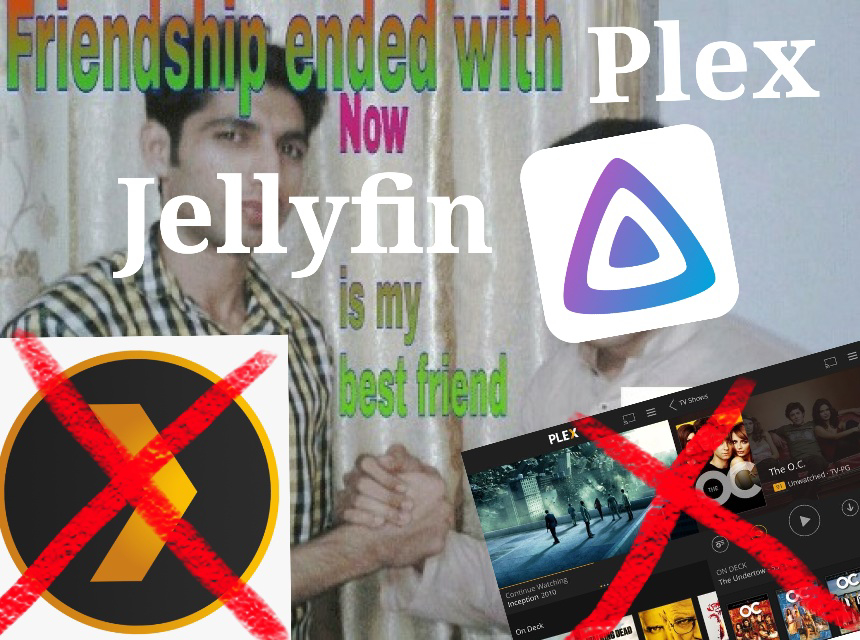this post was submitted on 21 Sep 2023
1076 points (97.7% liked)
Open Source
36936 readers
237 users here now
All about open source! Feel free to ask questions, and share news, and interesting stuff!
Useful Links
- Open Source Initiative
- Free Software Foundation
- Electronic Frontier Foundation
- Software Freedom Conservancy
- It's FOSS
- Android FOSS Apps Megathread
Rules
- Posts must be relevant to the open source ideology
- No NSFW content
- No hate speech, bigotry, etc
Related Communities
Community icon from opensource.org, but we are not affiliated with them.
founded 5 years ago
MODERATORS
you are viewing a single comment's thread
view the rest of the comments
view the rest of the comments

Option 3 is the usual method, & it works quite fast on almost any machine that's even capable of decoding high bitrate video fast enough to keep up with its framerate, in the first place. On a HDD, that previous frame may briefly require seeking to get back to, but no such delay occurs with flash storage.
Of course, it doesn't need to be done fast; we're talking about long looks at single frames!
For best results, frame-capture apps use cross-frame interpolation with motion estimation (& these days, AI).
I don't remember the last device I saw, that would struggle with this in any way. It's basically just been dismissed as unimportant, by the VLC devs, rather than actually being all-that-difficult to implement.
I'm shocked that VLC doesn't offer reverse playback by now, given the absolutely enormous video resources & random access storage, we're all blessed with now.
That makes a lot of sense, thanks! I'm a dev but not in video so it's always nice to learn a few things about how problems in other domains are solved.
Reverse playback would be pretty fun! Maybe it's hard to sync up the reverse audio? 😄
Hahahah, very!